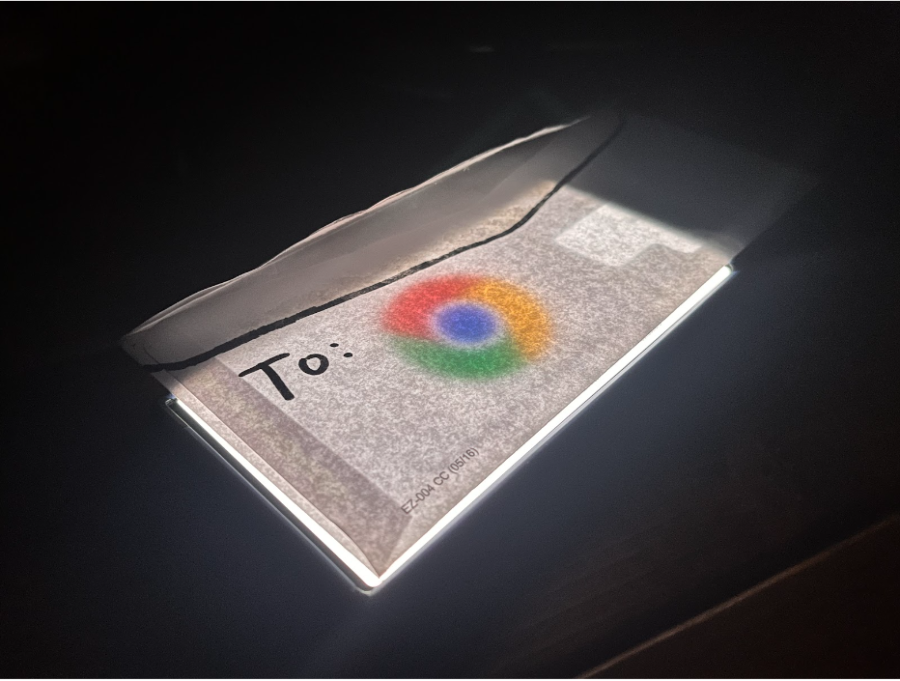George Hinton declares his resignation and departing from Google in April.
The Godfather of AI Finally Breaks His Silence
George Hinton, the man who had set course for developments of the modern day events concerning the A.I. area of study, has recently resigned from Google after 10 years. His recent disclosure on the impact he had created in this field has caused widespread attention on this matter.
Hinton grew up in a prestigious family, and excelled in a wide range of fields from mathematics to economics. “By that time I was about seven, I realized I was gonna have to get a Phd,” said Hinton in an interview with Bloomberg.
In his early years, Hinton took a unique interest in how the human mind works and slowly pursued physiology, then later psychology, and then finally he decided to take on computer science, but not in the traditional sense. He started using computer programs to model the brain, and saw the potential that computer systems had in mimicking the functions of the brain.
“My feeling is, If you wanted to understand a really complicated device like the brain, you should build one, like how you would learn how a car works, by building it.”
Hinton later received news about A.I research in Buffalo New York, but he was particularly inspired by a researcher named Frank Rosenblatt. Rosenblatt created what was then called a perceptron, which essentially was the first neural networking computer that was supposed to behave like a brain. He used this device and tried to teach it to differentiate between men and women from pictures. But Rosenblatt’s experiment came to an end after a huge failure to gain more sympathizers with his work. All but one, Hinton.
“The brain is a big neural network, so it has to be that stuff like this can work, because it works in our brains, There is no doubt about it,” said Hinton.
Hinton’s enthusiasm and dedication to work started by Rosenblatt had been labeled as a pariah in science and academic conventions where he would usually be forced to sit at the backend of the tables. But he was never put off by his work and continued through the late 90s into the early 2000s and kept progressing in this field of study, even though he was one of the handful people left who pursued this idea.
His work was not for naught as in 2006, the world came closer and closer to Hinton’s visions, computers were getting a lot faster and in general had a greater computing power. Suddenly everything that Hinton came up with started making sense to modern day researchers as his studies would prove the accuracy in answers to the problems that were tasked to A.I. Suddenly, buzzwords such as “Neural-nets” and “machine learning” came to the forefront to the public’s attention.
“It was sort of a relief that people finally came to their senses,” Said Hinton in a humorous statement. In the end, Hinton’s later work became a redemptive journey for the first embarkation set out by Rosenblatt in the foundation of A.I.
